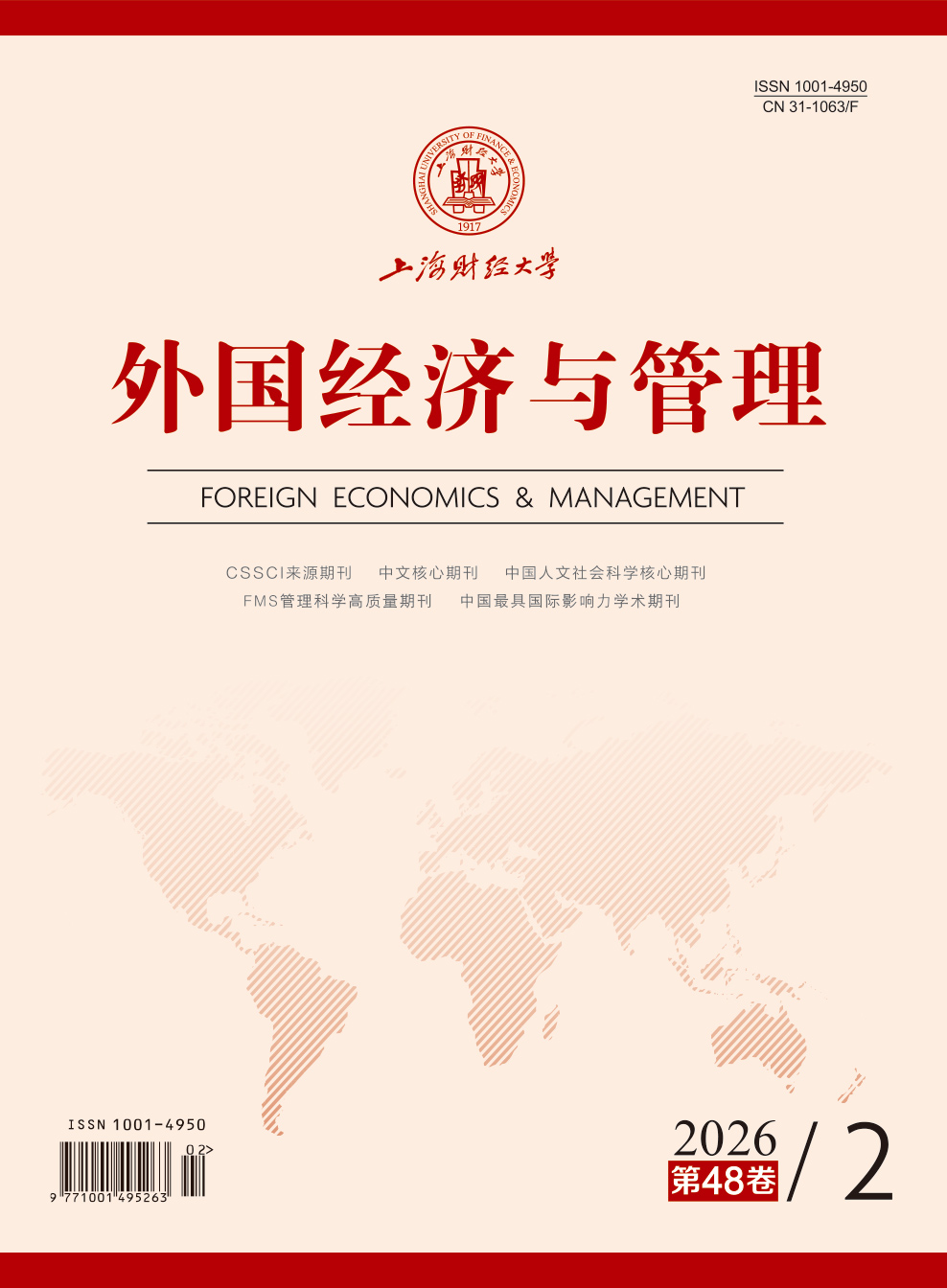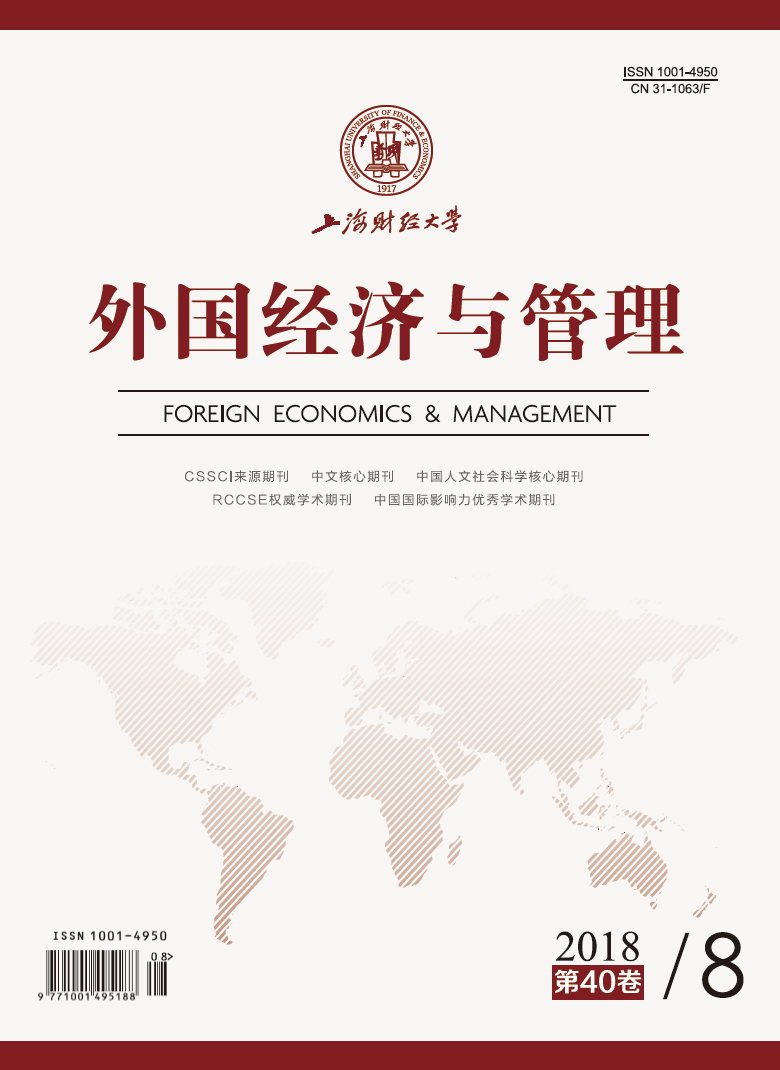创业研究更关注创业者“飞得有多高”,极少关注创业者“飞得有多累”。幸福感不仅是重要的创业动机,也是重要的创业成果,一定程度上反映了创业者“飞得有多累”。幸福感既是诠释多数创业者难以盈利但仍坚守的重要因素,也是探索创业者能否从失败中学习甚至败后重整旗鼓的新突破口。本文基于两大哲学理论——快乐论和实现论,回顾了创业幸福感的现有研究,阐述了创业幸福感的内涵、与相似构念的异同、结构维度和测量量表,总结了创业幸福感的前因变量、形成机制的情境因素、结果变量及作用条件。然后,基于研究局限提出未来研究的四个方向:(1)明确界定不同情境下创业幸福感的定义和内涵,并开发创业幸福感的量表;(2)从创业类型、创业环节等角度拓展创业幸福感的研究情境;(3)丰富创业幸福感形成机制的研究,探索创业幸福感形成机制的“非对称性”;(4)探索实现创业幸福感和创业经济绩效平衡或兼得的策略与条件。研究结论为进一步深化创业幸福感研究指明了方向。
创业与幸福感:研究综述与未来展望
摘要
参考文献
1 Carree M A, Verheul I. What makes entrepreneurs happy? Determinants of satisfaction among founders[J]. Journal of Happiness Studies, 2012, 13(2): 371-387. DOI:10.1007/s10902-011-9269-3
2 Cooper A C, Artz K W. Determinants of satisfaction for entrepreneurs[J]. Journal of Business Venturing, 1995, 10(6): 439-457. DOI:10.1016/0883-9026(95)00083-K
3 Dijkhuizen J, Van Veldhoven M, Schalk R. Four types of well-being among entrepreneurs and their relationships with business performance[J]. The Journal of Entrepreneurship, 2016, 25(2): 184-210. DOI:10.1177/0971355716650369
5 Hahn V C, Frese M, Binnewies C, et al. Happy and proactive? The role of hedonic and eudaimonic well-being in business owners’ personal initiative[J]. Entrepreneurship Theory and Practice, 2012, 36(1): 97-114. DOI:10.1111/etap.2012.36.issue-1
6 Hmieleski K M, Corbett A C. The contrasting interaction effects of improvisational behavior with entrepreneurial self-efficacy on new venture performance and entrepreneur work satisfaction[J]. Journal of Business Venturing, 2008, 23(4): 482-496. DOI:10.1016/j.jbusvent.2007.04.002
7 Keyes C L M. Social well-being[J]. Social Psychology Quarterly, 1998, 61(2): 121-140. DOI:10.2307/2787065
8 Rahman S A, Amran A, Ahmad N H, et al. Enhancing the wellbeing of base of the pyramid entrepreneurs through business success: The role of private organizations[J]. Social Indicators Research, 2016, 127(1): 195-216. DOI:10.1007/s11205-015-0951-4
9 Schjoedt L. Entrepreneurial job characteristics: An examination of their effect on entrepreneurial satisfaction[J]. Entrepreneurship Theory and Practice, 2009, 33(3): 619-644. DOI:10.1111/etap.2009.33.issue-3
10 Shepherd D A, Cardon M S. Negative emotional reactions to project failure and the self-compassion to learn from the experience[J]. Journal of Management Studies, 2009, 46(6): 923-949. DOI:10.1111/joms.2009.46.issue-6
12 Uy M A, Foo M D, Song Z L. Joint effects of prior start-up experience and coping strategies on entrepreneurs’ psychological well-being[J]. Journal of Business Venturing, 2013, 28(5): 583-597. DOI:10.1016/j.jbusvent.2012.04.003
13 Uy M A, Sun S, Foo M D. Affect spin, entrepreneurs’ well-being, and venture goal progress: The moderating role of goal orientation[J]. Journal of Business Venturing, 2017, 32(4): 443-460. DOI:10.1016/j.jbusvent.2016.12.001
14 Zhang C Q, Chen C, Li J Z, et al. Entrepreneurs’ failure times and their well-being, moderated by entrepreneurial environment[A]. Proceedings of 2016 Portland international conference on management of engineering and technology(PICMET). Honolulu, HI, USA: IEEE, 2016: 1358-1364.
引用本文
于晓宇, 孟晓彤, 蔡莉, 等. 创业与幸福感:研究综述与未来展望[J]. 外国经济与管理, 2018, 40(8): 30-44.
导出参考文献,格式为:
上一篇:基于元分析的多元领导力效能研究
下一篇:数字创业成长:文献述评与研究展望





 , 1
, 1 9426
9426  14000
14000

